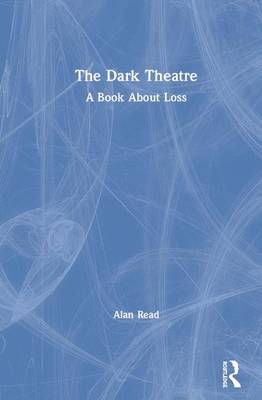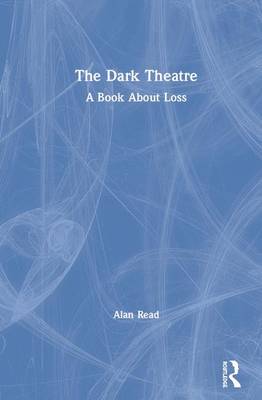
- Retrait gratuit dans votre magasin Club
- 7.000.000 titres dans notre catalogue
- Payer en toute sécurité
- Toujours un magasin près de chez vous
- Retrait gratuit dans votre magasin Club
- 7.000.000 titres dans notre catalogue
- Payer en toute sécurité
- Toujours un magasin près de chez vous
Description
The Dark Theatre is an indispensable text for activist communities wondering what theatre might have to do with their futures, students and scholars across Theatre and Performance Studies, Urban Studies, Cultural Studies, Political Economy and Social Ecology.
The Dark Theatre
returns to the bankrupted warehouse in Hope (Sufferance) Wharf in London's Docklands where Alan Read worked through the 1980s to identify a four-decade interregnum of 'cultural cruelty' wreaked by financialisation, austerity and communicative capitalism. Between the OPEC Oil Embargo and the first screening of The Family in 1974, to the United Nations report on UK poverty and the fire at Grenfell Tower in 2017, this volume becomes a book about loss.In the harsh light of such loss is there an alternative to the market that profits from peddling 'well-being' and pushes prescriptions for 'self-help', any role for the arts that is not an apologia for injustice? What if culture were not the solution but the problem when it comes to the mitigation of grief? Creativity not the remedy but the symptom of a structural malaise called inequality? Read suggests performance is no longer a political panacea for the precarious subject but a loss adjustor measuring damages suffered, compensations due, wrongs that demand to be put right. These field notes from a fire sale are a call for angry arts of advocacy representing those abandoned as the detritus of cultural authority, second-order victims whose crime is to have appealed for help from those looking on, audiences of sorts.







